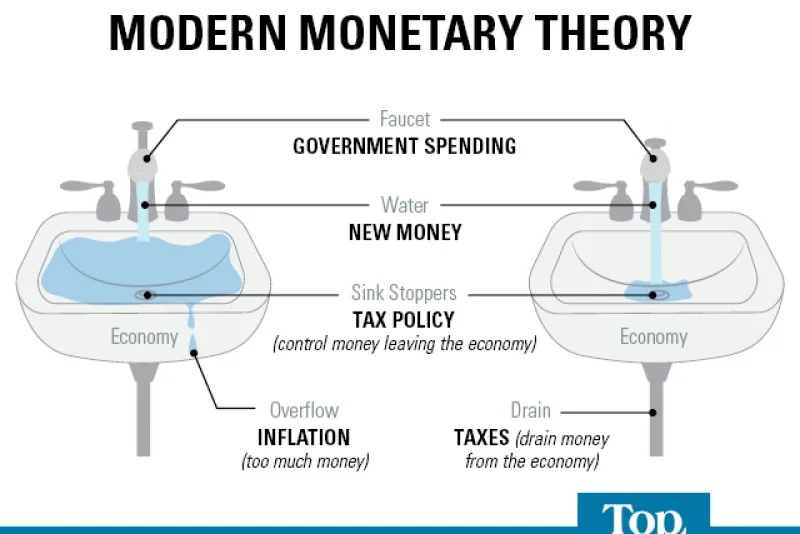
Make it stand out
Modern Monetary Theory & Ecological Economics
In ecological economics, money is defined as a social claim on energy and material resources. It can be a medium of exchange, a store of value, but above all else it is a unit of account to track credits and debts. Money is a social institution and it is anything but neutral in macroeconomics. This has deep implications for socio-ecological sustainability.
Modern Monetary Theory (MMT) provides a clearer understanding of how money is created by sovereign currency issuers, countries such as the United States, Canada, UK, Japan, Australia that issue theory own fiat currencies. According to MMT, these governments are the primary creators of money, while households, businesses, and local governments are users of money. This means, for example, that the U.S. Federal Reserve (central bank) can never “run out” of money in the way that individuals and businesses can.
However, in line with ecological economics, MMT does not advocate for unlimited money creation. Instead, it emphasizes that the real constraints on public spending are the availability of real resources such as energy, materials, and labor, and the risk of runaway inflation. If too much money is spent in the economy when these resources are fully utilized or scarce, it can lead to inflation. Inflation simply means that money loses its value when too many dollars are following too few goods and services. From this perspective, inflation and resources limits are the main constraints for how much money a monetary sovereignty government can issue into the economy. Thus, MMT encourages a more critical approach to deficit spending, highlighting the potential role of governments to guarantee basic needs for wellbeing and advance socio-ecological transitions, as long as spending stays within the economy's real productive capacity.
Source: Top Producer
